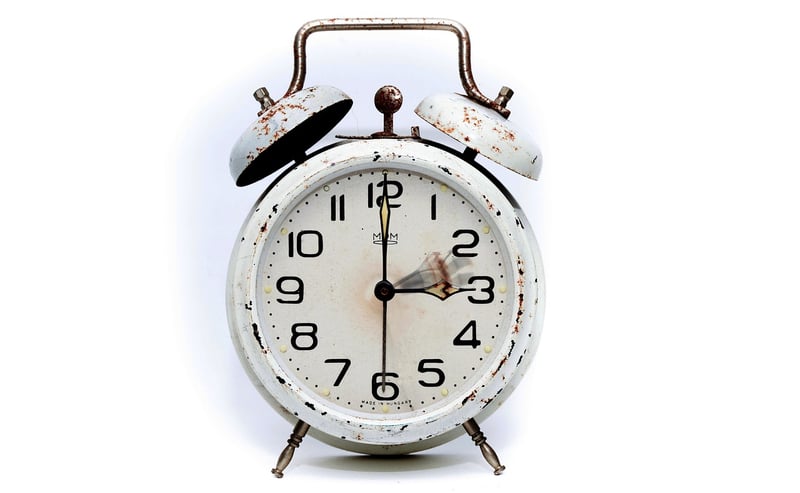Grandfather Paradox
Unraveling Time Conundrums: Understanding the Grandfather Paradox
Time travel has long been a fascinating concept in science fiction, often leading to mind-bending conundrums and paradoxes. One such paradox that has captured the imagination of many is the Grandfather Paradox.
What is the Grandfather Paradox?
The Grandfather Paradox is a hypothetical situation in which a time traveler goes back in time and prevents their grandfather from meeting their grandmother, thus preventing the time traveler's own birth. This creates a paradox - if the time traveler was never born, how could they go back in time to prevent their own existence?
Proposed Resolutions
Various theories have been proposed to resolve the Grandfather Paradox:
- Novikov Self-Consistency Principle: This principle suggests that any actions a time traveler takes in the past were always part of the timeline, ensuring that no paradoxes occur.
- Parallel Universes: Some theories suggest that when a time traveler alters the past, they create a new parallel universe where the changes take effect, leaving the original timeline intact.
- Fixed Timeline: In this interpretation, any attempt to change the past is destined to fail, as the timeline is fixed and resistant to alterations.
Implications and Philosophical Considerations
The Grandfather Paradox raises deep philosophical questions about causality, free will, and the nature of time itself. It challenges our understanding of cause and effect, highlighting the complexities of time travel and its potential consequences.

Conclusion
While the Grandfather Paradox may never have a definitive resolution due to the speculative nature of time travel, exploring its implications can lead to fascinating discussions about the nature of reality and the limits of human comprehension.
Next time you ponder the mysteries of time travel, remember the Grandfather Paradox and the intricate web of questions it weaves.
